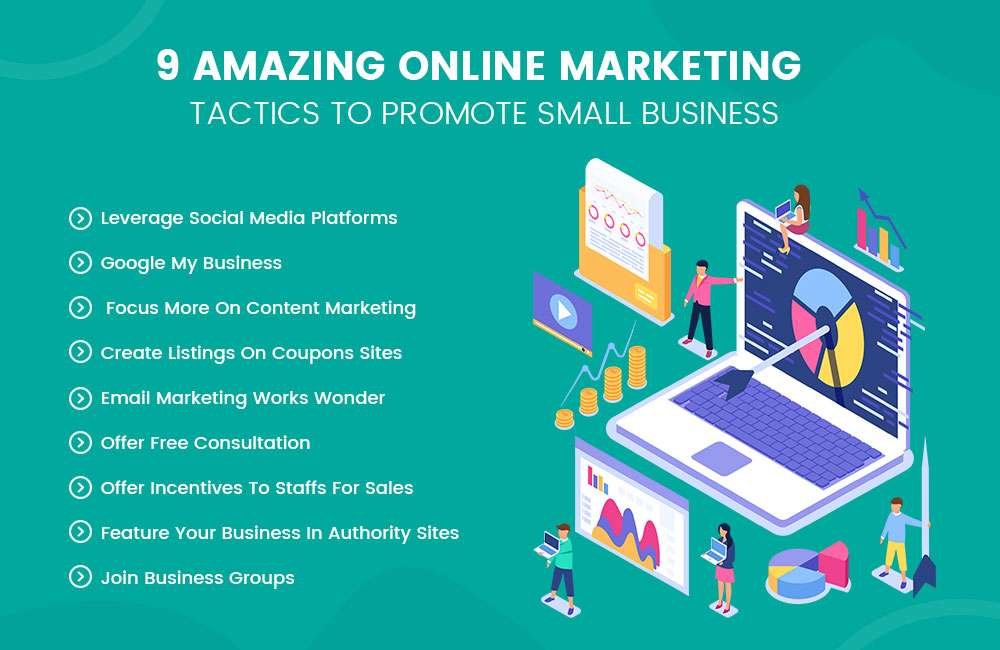
Internet marketing offers various strategies to promote your business effectively online. Here are some best practices:
Website Optimization:
- Ensure your website is user-friendly, mobile-responsive, and optimized for search engines (SEO). A well-designed website is the foundation of your online presence.
Content Marketing:
- Create valuable and relevant content that resonates with your target audience. This includes blog posts, articles, videos, infographics, and more. Quality content helps build trust and authority in your industry.
Social Media Marketing:
- Utilize popular social media platforms like Facebook, Instagram, Twitter, and LinkedIn. Engage with your audience, share content, run targeted ads, and leverage social media for brand awareness.
Email Marketing:
- Build and nurture your email list. Send targeted and personalized email campaigns to connect with your audience, share updates, and promote products or services.
Search Engine Marketing (SEM):
- Use paid advertising on search engines (Google Ads, Bing Ads) to increase visibility. Target specific keywords related to your business and create compelling ad copy.
Influencer Marketing:
- Collaborate with influencers in your industry to reach a wider audience. Influencers can provide authentic endorsements and reviews, boosting your credibility.
Online Partnerships and Collaborations:
- Form partnerships with other businesses or websites in your niche. Cross-promotions and collaborations can help you tap into each other’s audiences.
Video Marketing:
- Leverage the power of video content on platforms like YouTube. Create engaging and informative videos about your products, services, or industry trends.
Online Reviews and Testimonials:
- Encourage satisfied customers to leave positive reviews on review sites, social media, or your website. Positive reviews build trust and credibility.
Webinars and Online Events:
- Host webinars or virtual events to showcase your expertise, interact with your audience, and generate leads. Webinars are effective for educating your audience about your products or industry trends.
Remarketing:
- Implement remarketing campaigns to target users who have visited your website but did not convert. This keeps your brand in front of potential customers.
Analytics and Data Analysis:
- Use analytics tools to track the performance of your online campaigns. Analyzing data helps you understand what works and allows you to make informed decisions for optimization.
Remember, the key is to integrate these strategies into a cohesive and well-planned digital marketing strategy. Regularly assess and adjust your approach based on the performance data and changing trends in the online landscape.
